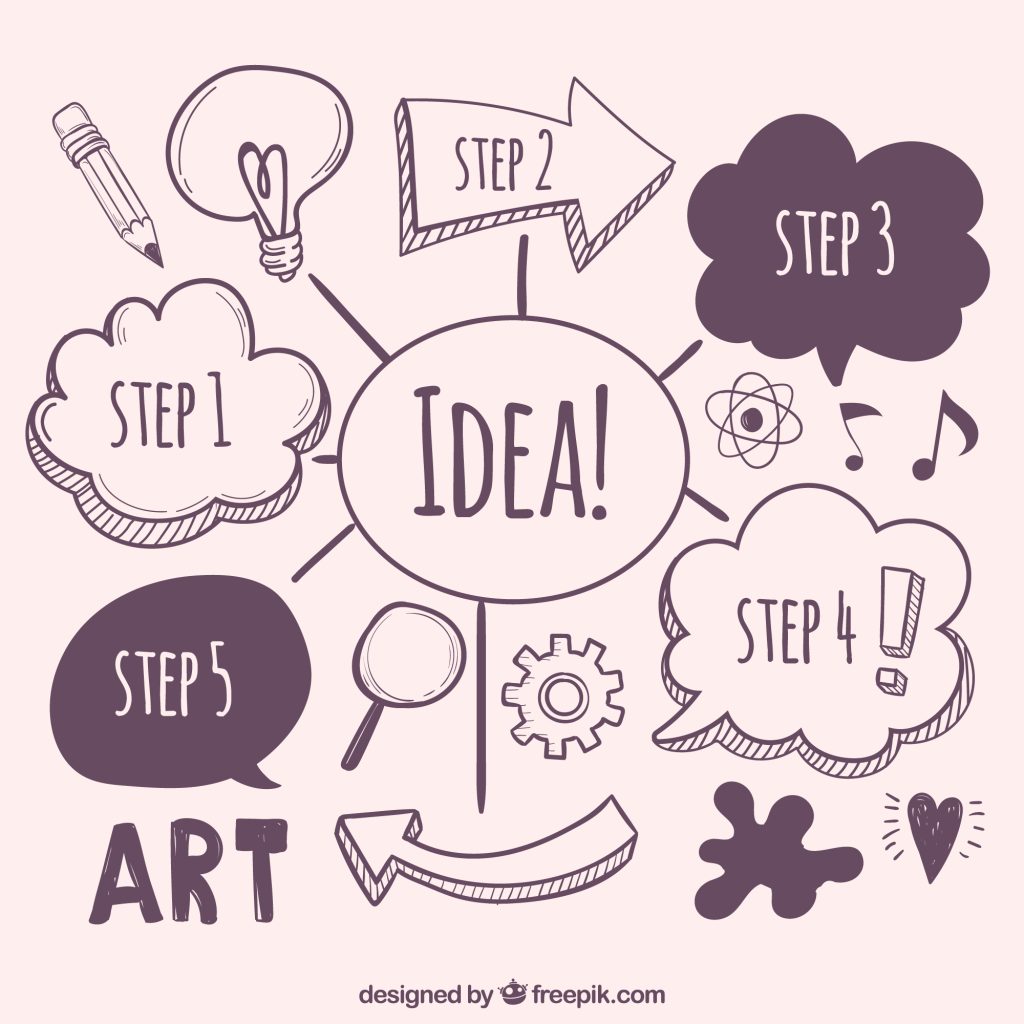At first glance, failure in public speaking might seem like a catastrophic event—mispronouncing a word, forgetting a line, or losing your place in front of an audience. But failure is actually a powerful catalyst for growth. Think about it: how can you improve if you don’t encounter challenges? How can you truly master something if you don’t have the opportunity to struggle and learn from your mistakes?
Many of the most well-known and respected speakers in history have faced significant struggles before reaching the heights of their careers. For example, Oprah Winfrey was told she was “unfit for television” early in her career. Winston Churchill, known for his powerful oratory during World War II, struggled with a speech impediment and was often ridiculed for his early public speaking efforts. And Steve Jobs, the visionary behind Apple, had his share of missteps in front of audiences before becoming the iconic speaker we associate with product launches.
So, what do these famous figures have in common? They didn’t let their early failures define them. Instead, they used failure as an opportunity to refine their craft, learn from their mistakes, and continue pushing forward. This mindset is key for anyone looking to improve their public speaking.
Why Failure is Essential for Speakers
1. Failure Encourages Learning and Growth
One of the most valuable aspects of failure is its ability to teach us lessons we can’t learn any other way. When you make a mistake in a presentation—whether it’s forgetting a key point or misreading your audience’s body language—it forces you to stop and reflect. What went wrong? Why did it happen? How can I avoid this next time?
If you never fail, you might miss these opportunities for self-reflection and improvement. The process of identifying and correcting your mistakes is what turns good speakers into great ones. It helps you understand what works and what doesn’t, making your future speeches more polished and effective.
2. Failure Builds Resilience
Public speaking is inherently a vulnerable activity. When you step up in front of an audience, you’re exposing yourself in a way that feels risky. Even experienced speakers sometimes find themselves dealing with nervousness, anxiety, or unexpected setbacks. But the more you fail and recover, the more resilient you become.
Resilience is crucial for a speaker because it allows you to handle the inevitable bumps in the road with grace. Maybe your microphone cuts out mid-speech, or the audience isn’t responding as you’d hoped—what matters most is how you handle those situations. Failure teaches you to stay calm under pressure, recover quickly, and continue delivering your message no matter what challenges arise.
3. Failure Fosters Creativity and Adaptability
Some of the most memorable and impactful speeches have come out of moments of failure. When things don’t go as planned, speakers often have to think on their feet and adapt in real-time. This is where failure can spark creativity.
For instance, if you forget a key point in your presentation, you may find yourself coming up with a new way to make the message resonate. Perhaps you shift the narrative, change your approach, or interact with the audience to create a more dynamic experience. Adapting to failure requires creativity and an openness to new ideas, which can make your speech more engaging and authentic.
4. Failure Encourages Authenticity
One of the most profound gifts failure can give a speaker is authenticity. When everything goes smoothly, it’s easy to seem like a polished, perfect presenter. But it’s when things go wrong that your true personality shines through. In moments of failure, you become more human to your audience, and this vulnerability can actually deepen your connection with them.
Audiences don’t expect perfection—they expect honesty and relatability. A speaker who admits when they’ve made a mistake or shares a story about overcoming a challenge is often more engaging than someone who presents a flawless, robotic performance. Failing in front of an audience can be uncomfortable, but it can also be the moment where you forge a genuine connection.
How to Use Failure to Succeed
1. Embrace Mistakes as Learning Opportunities
Rather than avoiding failure, lean into it. When you make a mistake, ask yourself what you can learn from it. Keep a journal or notes after your speaking engagements to reflect on what went well and what didn’t. This ongoing process of reflection will help you improve continuously.
2. Practice Resilience
When you fail, take a deep breath and remember that it’s not the end of the world. Resilience comes from bouncing back quickly. Learn to recover from small mistakes without letting them throw you off course. The more you practice resilience, the more confident you’ll become as a speaker.
3. Stay Flexible and Adaptable
Remember that failure often means you need to be flexible. If things don’t go according to plan, be ready to adjust your approach. This might mean changing your tone, shifting your content, or even addressing the mistake directly with the audience. Being adaptable is a skill that only improves through trial and error.
4. Allow Yourself to Be Authentic
Don’t be afraid to show your human side. If you make a mistake, own it. People will appreciate your authenticity, and it will create a stronger connection with your audience.
Conclusion
In the world of public speaking, failure is not a roadblock; it’s a stepping stone. Every misstep, every awkward moment, and every mistake is an opportunity to refine your skills and improve your delivery. Embrace failure, learn from it, and use it to propel yourself forward. By doing so, you’ll become not just a better speaker, but a more resilient, authentic, and impactful communicator. After all, the best speakers didn’t get there by avoiding failure—they got there by learning to fail forward.










